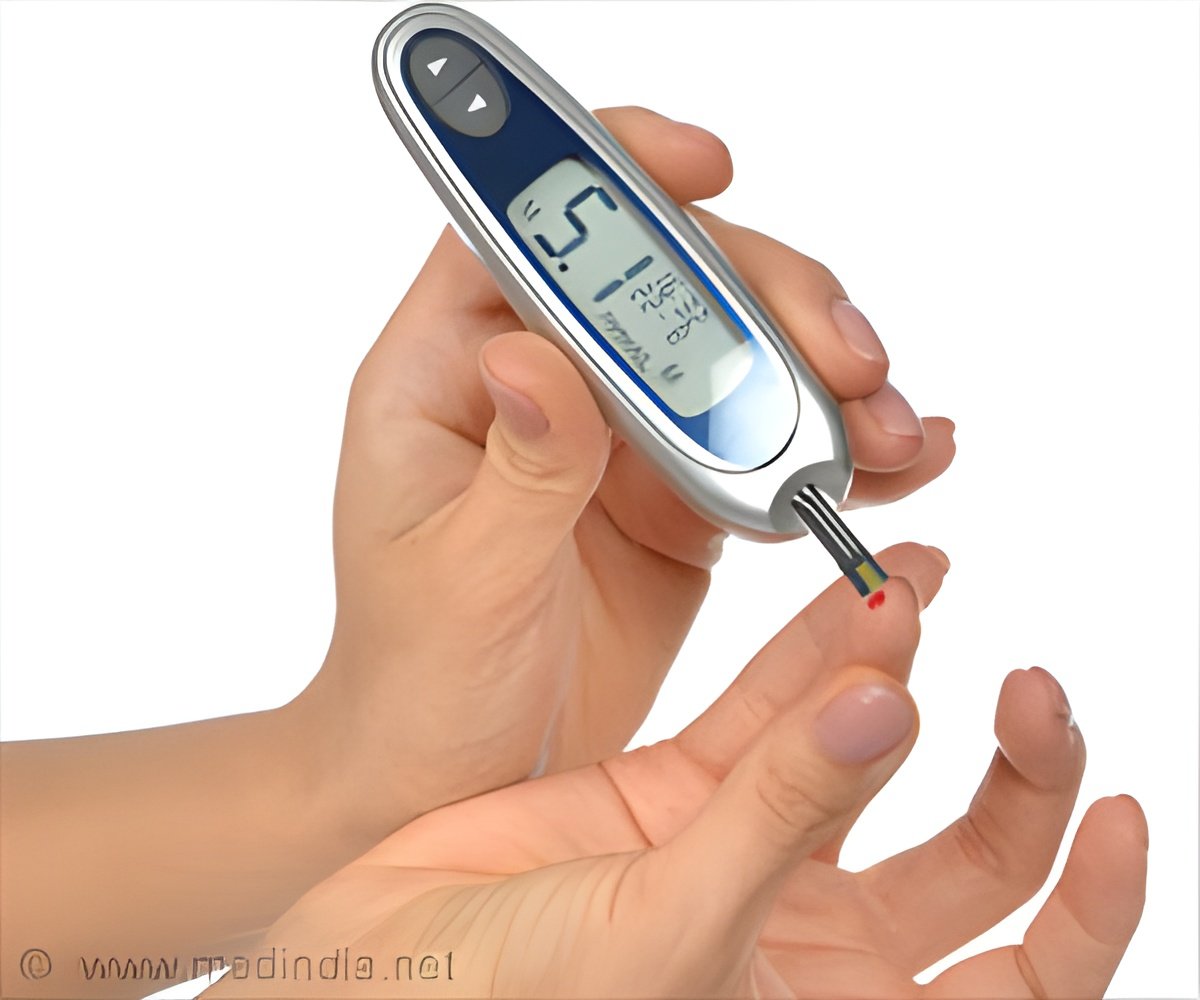Community-based health program made a positive impact on an ethnic population at high risk for type 2 diabetes.

TOP INSIGHT
Community-based program helped New York City's Bangladeshi community control and manage type 2 diabetes.
"To the broader issue of disease management, these results add to a growing body of evidence showing that community health worker programs are a low cost and effective strategy for controlling certain chronic diseases," says Nadia S. Islam, PhD, principal investigator of DREAM and associate professor of Population Health at NYU School of Medicine.
Bangladeshi immigrants make up the fastest growing segment of South Asians in the U.S., numbering over 3.4 million -- with a majority living in New York City. Foreign-born South Asians also are at greater risk of diabetes than the general population. A recent study in New York City concluded that 35% of South Asians had Type 2 diabetes while another study in California found a prevalence of 29% -- compared to a rate of slightly more than 9% among the general U.S. population.
The researchers attribute this unusually high incidence of Type 2 diabetes to several factors: heredity, economic hardship, language barriers, and illiteracy and culture differences. These, in turn, create barriers to adequate healthcare.
To help overcome these barriers, the researchers developed intervention and health education programs led by community-based health workers, who were hired and trained by centers like NYU Langone, and who often come from the same ethnic background and communities as the populations they serve.
How the Trial Was Conducted
The DREAM study enrolled 336 participants who identified as Bangladeshis; resided in New York City; were between 21 and 75 years old; and had a confirmed diagnosis of Type 2 diabetes -- defined as a hemoglobin A1c level of 6.5 percent or higher.
The other 160 participants were assigned to a control group, who were invited only to the first educational session, an overview of diabetes.
At end of the trial period, 36.3% of the intervention group achieved control or stabilization of their hemoglobin A1c levels (defined as under seven percent) compared with 24.6% of the control group. In addition, 55.2% of intervention group also had decreased A1c levels at the end of the study, compared to 42.5% in the control group.
The researchers also found that both the intervention and control groups reported overall changes in behavior, including increased diabetes knowledge, increased weekly physical activity, and weekly monitoring of blood sugar. "This suggests that even minimal community engagement around health made an impact," Islam says.
Source:Eurekalert
 MEDINDIA
MEDINDIA




 Email
Email










